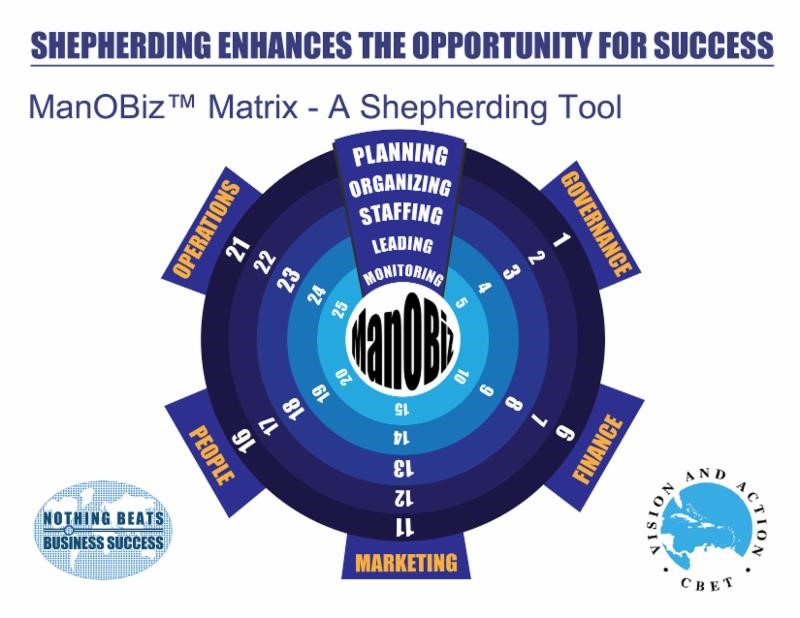|
SHEPHERDING ENHANCES THE OPPORTUNITY FOR BUSINESS SUCCESS – BASIL SPRINGER COLUMN MONDAY ON MAY 2, 2016
Home » Basil Springer Column » Weekly Column » SHEPHERDING ENHANCES THE OPPORTUNITY FOR BUSINESS SUCCESS – BASIL SPRINGER COLUMN MONDAY ON MAY 2, 2016

